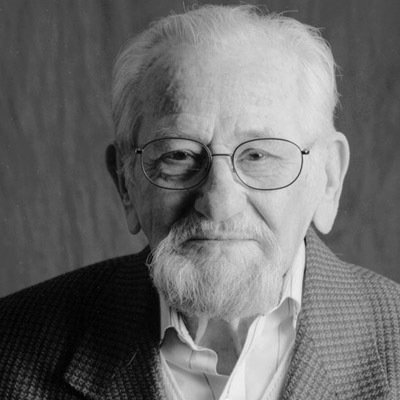“I lost a lot of my life for nothing but we made it and we’re here,” says Jack Seidner. His ordeal began in 1941 and didn’t end until he made it to Nashville in 1954.
Jack grew up in the Bucovina region, in formerly Austrian Romania. Lujan, a small farm town, had two synagogues and 100 Jewish families. In 1940, they found themselves caught between Romanian Iron Guard troops and unsympathetic Ukrainian neighbors. He and others were sent to the Transdniester, a contested border region, to work on the railroad under German and Ukrainian guard. When they returned, their homes had been emptied. They were held in a sugar factory, then force-marched north into Poland. The elderly rode in buggies. “I put my mother in one and my father in another,” Jack recalls, “and the young people had to march in front and we got there in the morning and the only people who disappeared that night were my father and mother and another couple. What happened to them that night I will never know, they must have killed them…”
After three month’s march, only 300 were left from an original group of 1,500. Jack worked at hard labor in Poland until the end of 1944, when he was put on a train headed for a concentration camp in Germany. Russian airplanes bombed the train and the prisoners ran into the woods and escaped. At war’s end, hoping to immigrate to Palestine, Jack found his way to a Jewish agricultural training facility near Bucharest. It was there he met his future wife Sara.

